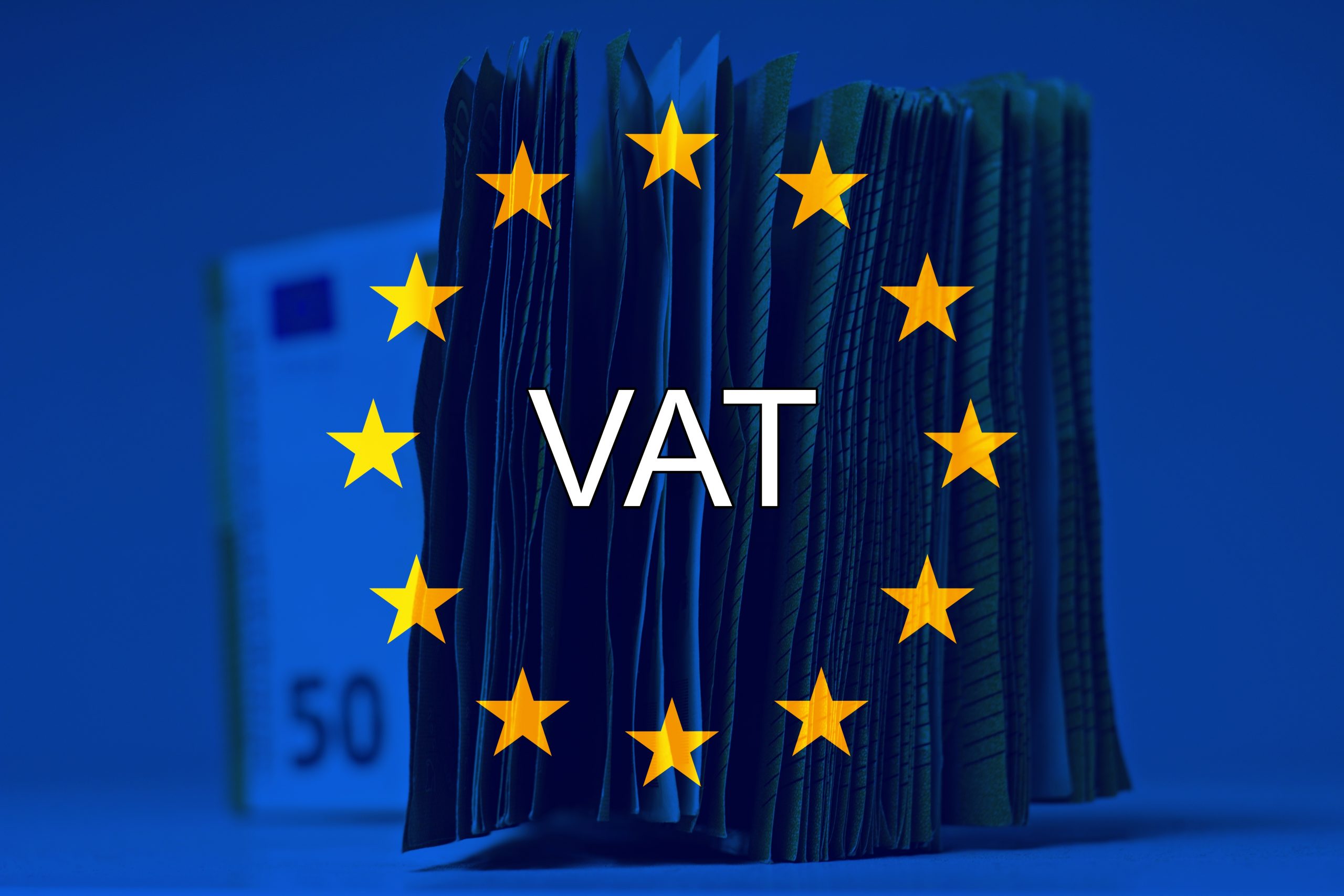A Malta company remains Europe’s most advantageous corporate solution, providing excellent results since 1995 via its Tax Credit & Refund system. Companies incorporated or re-domiciled to Malta are considered ordinarily resident and such domiciliation subjects them to 35% tax on profits. Thanks to Malta’s imputation system, shareholders are entitled to significant tax refunds on payment of Malta tax and distribution of profits.
We approach tax from a multidisciplinary perspective, avoiding aggressive and unnecessarily complex structures, and prioritising transparency, clarity of ownership and business flow, and certainty of tax treatment at all related stages, be they Malta, or otherwise. Building upon EU legislation and ECJ case law; today’s smart tax planning must be prudent and ensure fitness for purpose on a multi-jurisdictional level, ranging from self-evident value of the Maltese operation to clarity of treatment of UBO proceeds in his home jurisdiction.

DAL’s diverse expertise enables local management and integration of international business, generating new and unique economic value within a state-of-the-art risk management and money-laundering prevention system. Add to this an impressive array of double tax treaties, and one achieves a solid frame, that is ideal to house the EU’s or Swiss Parent-Subsidiary Directive as well as the EU Interest and Royalties Directives, making Malta a compliance based cost effective choice even for non-Europeans seeking a Master Holding to manage their European challenges and obligations.
Together with our international colleagues, we ensure that clients receive comprehensive Tax and VAT clarity, treating business and personal aspects as facets of the same coin, that must be synchronised at planning, and implementation level.
As we are in the business of avoiding surprises; besides relying on our array of local and international experts, where appropriate we can also assist client to obtain advance guidance from the International Tax Unit of Malta’s Inland Revenue Department. Such ruling is valid for a period of 5 years and is renewable for a further five-year period. Whilst the ruling is not mandatory, nevertheless it primarily confirms the tax authorities’ interpretation and furthermore preserves the exact tax treatment for at least two years should there be a change in legislation potentially affecting the tax treatment in question.


